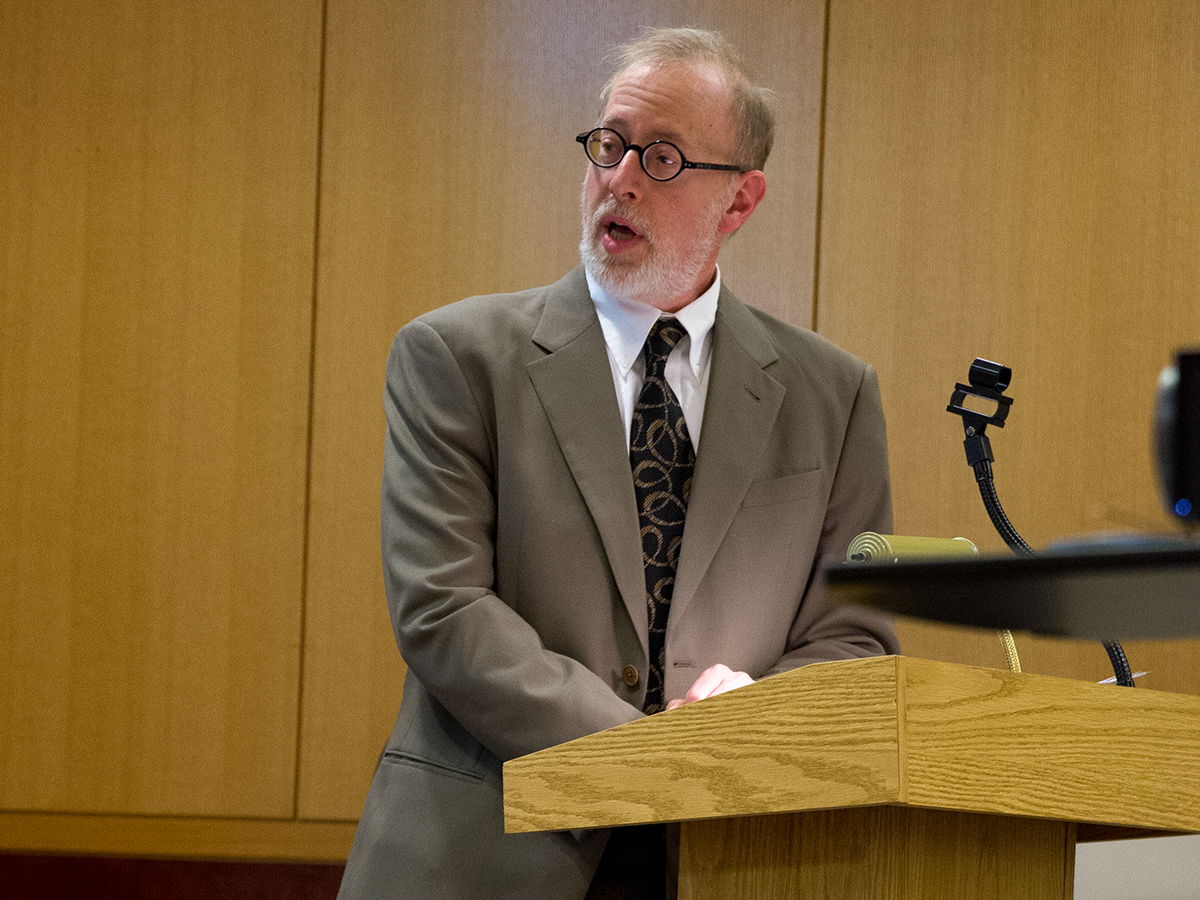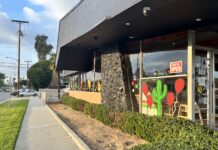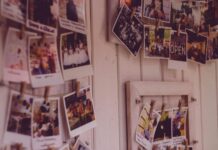
On Jan. 21, investigative journalist Seth Rosenfeld came to UCR to discuss his book “Subversives: The FBI’s War on Student Radicals, and Reagan’s Rise to Power” at Orbach Science Library. The book details the events of the Free Speech Movement of the 1960s and the FBI’s invasive and illegal harassment of students and the University of California during this time, which, Rosenfeld feels, are still very applicable to today’s students and UC.
“I think ‘Subversives’ is about the University of California and student rights of free speech and how students won those rights … so I think it’s really important history that directly relates to students and it’s very relevant to current events,” he said about the history that took him nearly three decades and five court cases to finish writing.
Rosenfeld’s story began when he was a student at UC Berkeley in the 1970s and a writer for the Daily Californian, Berkeley’s student newspaper. While reading some FBI files that had been released under the 1964 Freedom of Information Act (FOIA), he noticed that the documents were “very incomplete,” with many pages either missing or blacked out. This prompted him to submit a FOIA request, expecting to receive the documents in around a year.
“I had no idea I was embarking on what would become a 27-year legal odyssey in which I would bring five lawsuits under the Freedom of Information Act and seven federal judges would order the FBI to ultimately release more than 300,000 pages concerning the UC during (this period),” he said.
It was over the course of this legal battle that the FBI’s secret dealings came to light. “Subversives” tells a story of smear campaigns, illegal wiretapping, spying and manipulation of the UC and its students by the FBI in an attempt to silence any voices that challenged the status quo. Any students, faculty or administration members who were suspected of having leftist leanings were targeted for spying and harassment, and nonviolent student protests often ended with arrests and assaults by police.
Rosenfeld detailed the aftermath of a House un-American Activities Committee hearing that was called to “investigate subversion in the education field.” When students arrived at the hearing hoping to watch it, they found that they were not allowed in. They began to chant “Let us in!” and police were summoned. The police “turned fire hoses on the students and washed them down the steps,” Rosenfeld said. About 100 students were arrested. The FBI then issued a report claiming that the students had been manipulated by communists, and distributed this report throughout the country.
“Subversives shows how in the 1960s, the nation gave the FBI great power and great secrecy to protect it from foreign threats, but the FBI misused that power and secrecy to instead spy on and harass citizens involved in legitimate dissent,” said Rosenfeld. This power and secrecy, he said, have “an inherent potential for abuse.”
Rosenfeld sees parallels between the students of the 1960s and the students of today in their fight for more affordable education. “Once again, you see students taking a lead role to promote access to higher education, to reform the university,” he said. “Part of what the free speech movement was about was student rights to engage in free speech, but it was also a protest against university bureaucracy and a kind of indifference to student needs.”
One student from the audience drew a comparison between the government’s manipulation of the UC in “Subversives” and the current “tug of war” between the state and UC that is occurring in the wake of proposed tuition hikes. Rosenfeld believes that by its very nature, the university will always be engaged in this kind of conflict. “(The UC) is engaged in exploring reality and debating and trying to arrive at truth,” he said. “This is very necessary for what it’s doing, but at the same time it makes it very vulnerable to people who want to take issue with these debates.” He also expressed his approval of the UC’s autonomy. “I think it was very wise of the university and the legislators to make its autonomy part of its constitution,” he said. “I think they anticipated these kinds of conflicts.”
Above all, Rosenfeld cautions today’s students to be vigilant and aware of the events of the 1960s. “I think (the book) is a cautionary tale for everybody, but especially for the campus community and students and professors,” he said. “I do think that students today face a potential risk of coming under surveillance when they engage in dissent against government policy.”
Contributions made by Aaron Grech








